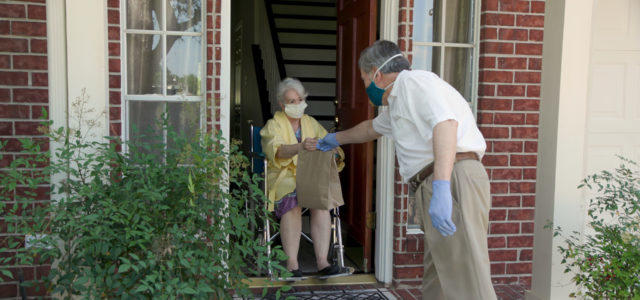
Caption
Many elderly people are unable to travel by car to a facility where they can be vaccinated. Others might be able to go if a ride were available, but they live alone and have no family members to help them.
Credit: Georgia Health News/Stock photo


